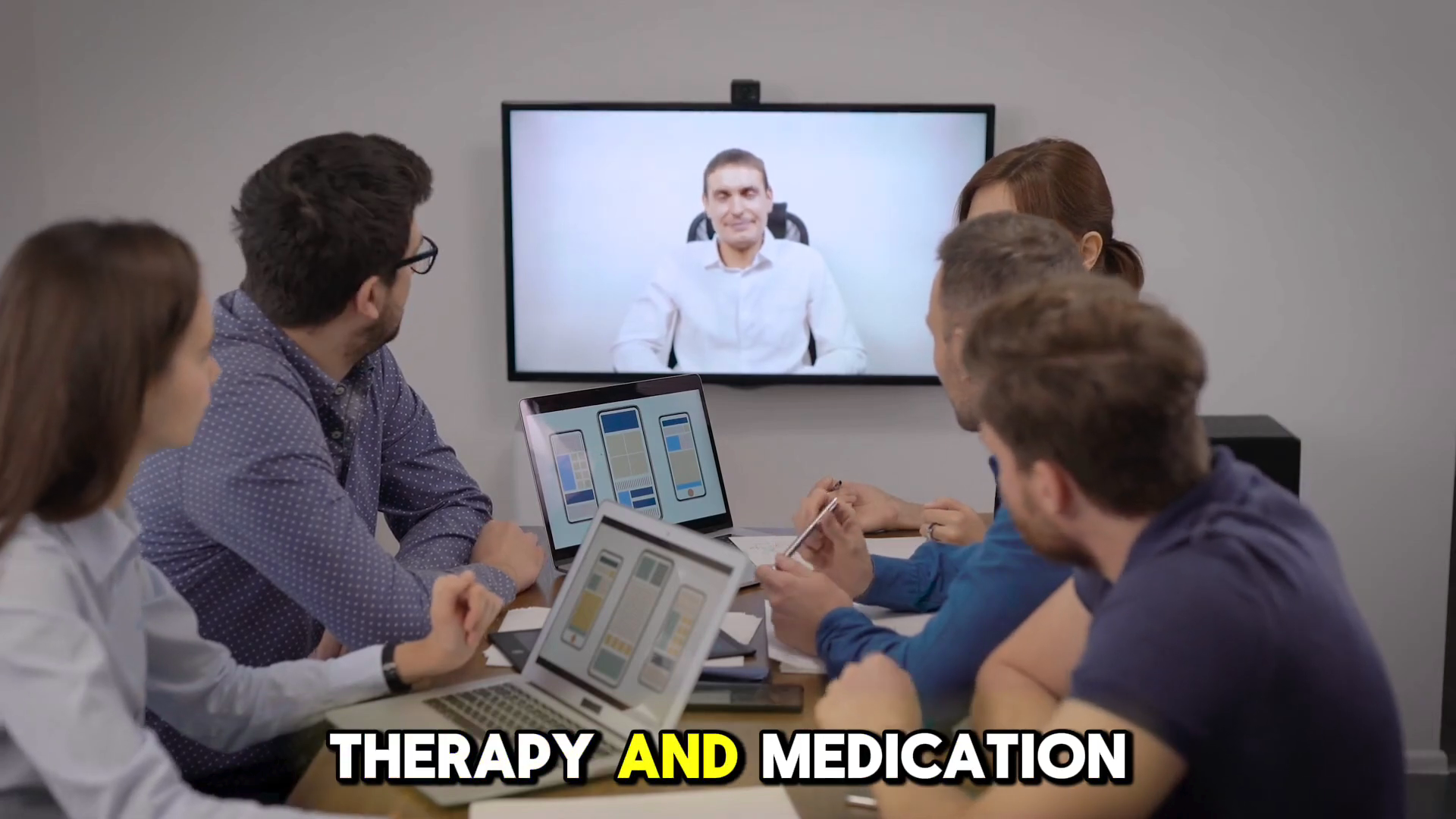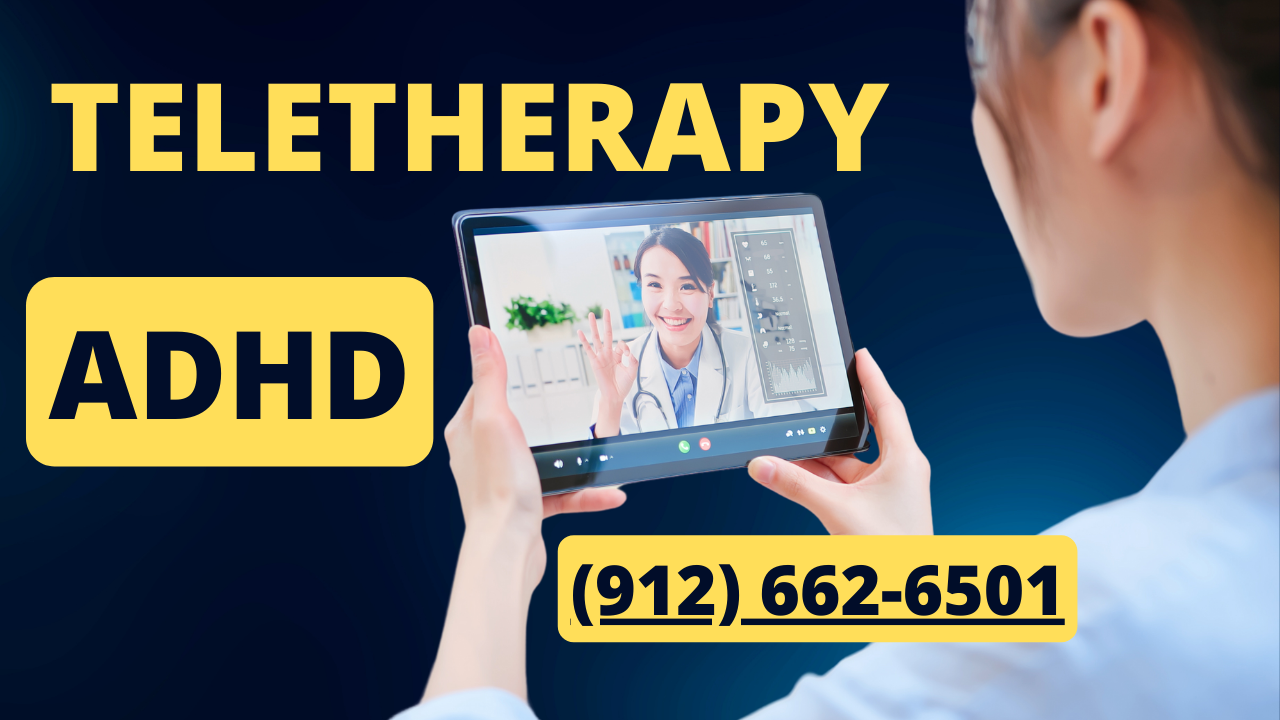
Many people are now turning to online therapy as a way to manage ADHD symptoms, and the results are surprising. With the rise of digital solutions, teletherapy offers more accessibility than ever before. But does it provide the same effectiveness as traditional face-to-face therapy? Teletherapy has become a popular option for those with ADHD, especially because of the convenience it offers. Busy schedules, long commutes, and the difficulty of focusing can make in-person therapy hard to maintain. With teletherapy, patients can attend sessions from the comfort of their homes, which reduces barriers to consistent care.
The Effectiveness of Teletherapy for ADHD

“Through video calls, patients report increased comfort as being at home can reduce anxiety and improve focus during sessions.”

Teletherapy also breaks down barriers for those in remote areas. No matter where someone lives, they can now access specialized ADHD treatment from licensed professionals. This means more people can receive the help they need, and there is no longer a need to wait for months to see a therapist in person. For many, this has been a game-changer in their treatment journey.
The Convenience of Teletherapy
One of the main benefits of teletherapy for ADHD is the flexibility it offers. Patients can schedule sessions that fit their lives, helping them stay consistent with treatment. This consistency is key for managing ADHD symptoms, and virtual sessions can create a routine that keeps patients on track. Many find that this leads to better results over time.

As teletherapy continues to evolve, more platforms are integrating tools specifically for ADHD patients, from digital calendars to reminder systems. These tools help individuals manage their time and stay organized. This approach complements therapy and medication, offering a full spectrum of support designed to enhance the patient’s overall well-being.
Barriers Teletherapy Eliminates
One significant advantage of teletherapy is its ability to eliminate several barriers that traditional therapy often presents. These barriers include:
- Geographical Limits: Individuals in remote or rural areas can access quality care without the need to travel long distances.
- Scheduling Conflicts: Busy individuals can find appointment times that fit into their hectic schedules.
- Accessibility Issues: Those with mobility challenges can attend sessions without leaving their homes.
These benefits make teletherapy an attractive option for many people, not just those with ADHD.
Tools and Resources in Teletherapy
With the integration of technology, teletherapy platforms are evolving to better serve ADHD patients. Some of the tools and resources that are becoming standard include:
- Digital Calendars: These help patients keep track of appointments and deadlines.
- Reminder Systems: Automated reminders ensure that patients do not miss their sessions or important tasks.
- Cognitive Behavioral Therapy (CBT) Exercises: Therapists can share CBT exercises and activities through various online platforms.
These resources provide comprehensive support that helps patients manage their ADHD symptoms effectively.
Getting Started with Teletherapy
If you or a loved one is struggling with ADHD, teletherapy is worth exploring. The convenience, effectiveness, and accessibility it offers make it a viable option for many.
Consider DPS Health and wellness at 912-662-6501 for professional care. Don’t forget to like, share, comment, and subscribe for more insights on mental health and wellness.

Final Thoughts
Teletherapy represents a significant advancement in the treatment of ADHD. Its ability to provide consistent, effective, and accessible care makes it a valuable tool for many individuals. As technology continues to evolve, we can expect teletherapy to become an even more integral part of mental health care.
For more detailed information on teletherapy and ADHD, visit our ADHD resource page.

